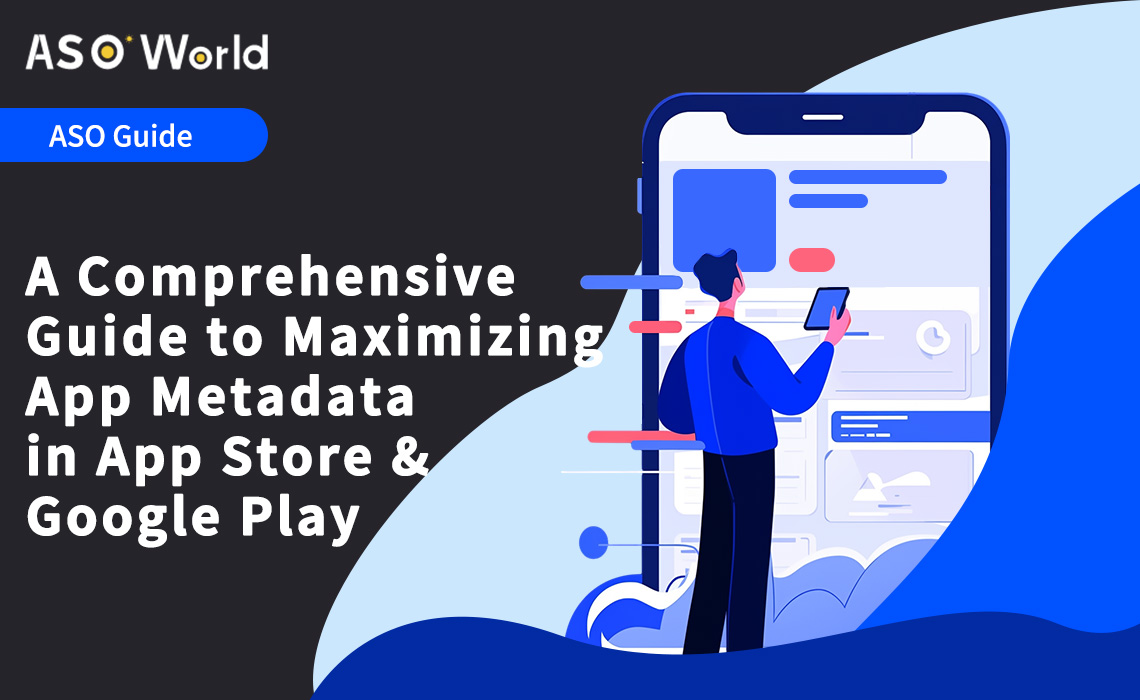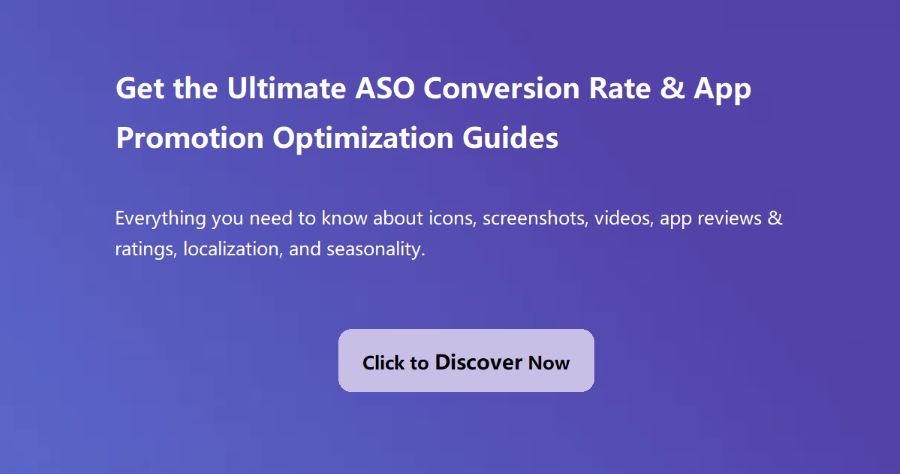Metadata refers to data that provides information about other data.
In the context of mobile applications,
Metadata encompasses all the descriptive elements associated with an app that help both users and algorithms understand its purpose, functionality, and relevance.
Metadata includes the following elements about apps:
The role of metadata in ASO is crucial as it directly influences how an app ranks within app store search results and how enticing it appears to potential users.
By carefully optimizing the metadata components like keywords, titles, descriptions, etc., developers can improve their App Visibility in the app stores and increase its chances of being downloaded.
How does Metadata affect App Visibility/Discoverability?
App Visibility in digital marketplaces largely depends on how well an app's metadata aligns with what potential users are searching for.
The better optimized an app's metadata is for relevant search terms and phrases, the more likely it will appear higher in search rankings when those terms are queried by users.
Can effective use of metadata enhance User Acquisition?
Yes, effective use of metadata can significantly enhance user acquisition.
When an app's title and description accurately reflect its core features and benefits while incorporating strategic keywords, they not only rank better but also resonate more effectively with target audiences which leads to increased downloads.
Why is constant monitoring and updating of metadata important?
Constant monitoring and updating of metadata are important because trends change over time; what might be a popular keyword or selling point one month may not be so relevant the next.
Additionally, updates regarding bug fixes or new features should be reflected promptly in your app's metadata to inform current users as well as attract new ones.
How to Optimize App Metadata in App Store & Google Play?

-
Prioritize Keywords in the Title: The app title has a significant impact on rankings, so include essential keywords for promotion.
-
Avoid Keyword Repetition and Category Keywords: To save space, refrain from repeating keywords in the title and subtitle, and avoid using keywords that directly reflect the app's category.
-
Handle Singular and Plural Forms: In English, singular and plural queries are understood, but for other languages, include both forms of the keyword in the metadata.
-
Be Cautious with Branded Queries: Using branded queries from other apps may lead to rejection, but it's acceptable if your app is directly related to the brand.
-
Eliminate Stop Words and Spaces: Avoid using stop words in App Store metadata to save space, and don't use spaces in the keyword field.
-
Utilize Important Keywords in Package Name: In Google Play, include crucial keywords in the Package name to aid promotion.
-
Customize for Targeted Countries: Create a Custom Store Listing on Google Play to show specific app pages to users in selected countries.
-
Utilize Google Cloud Natural Language: Leverage Google Cloud Natural Language to create effective descriptions for category optimization and Similar Apps promotion on Google Play.
🔗 Suggested Reading: A Comprehensive Guide to Maximizing App Metadata in App Store & Google Play






